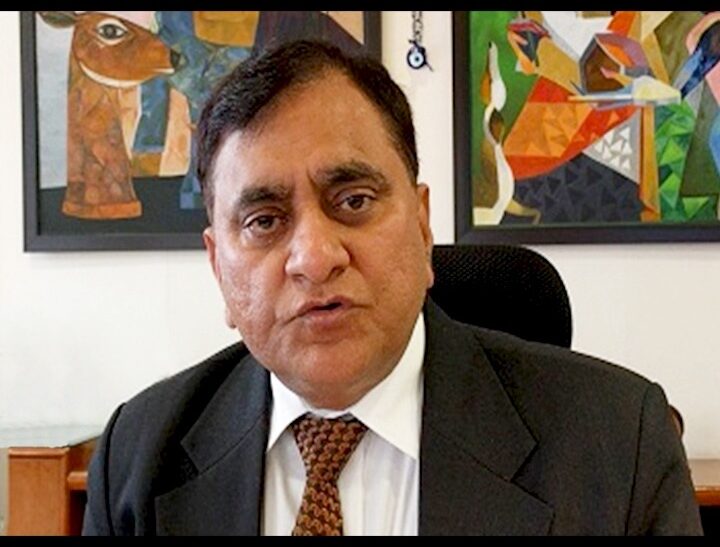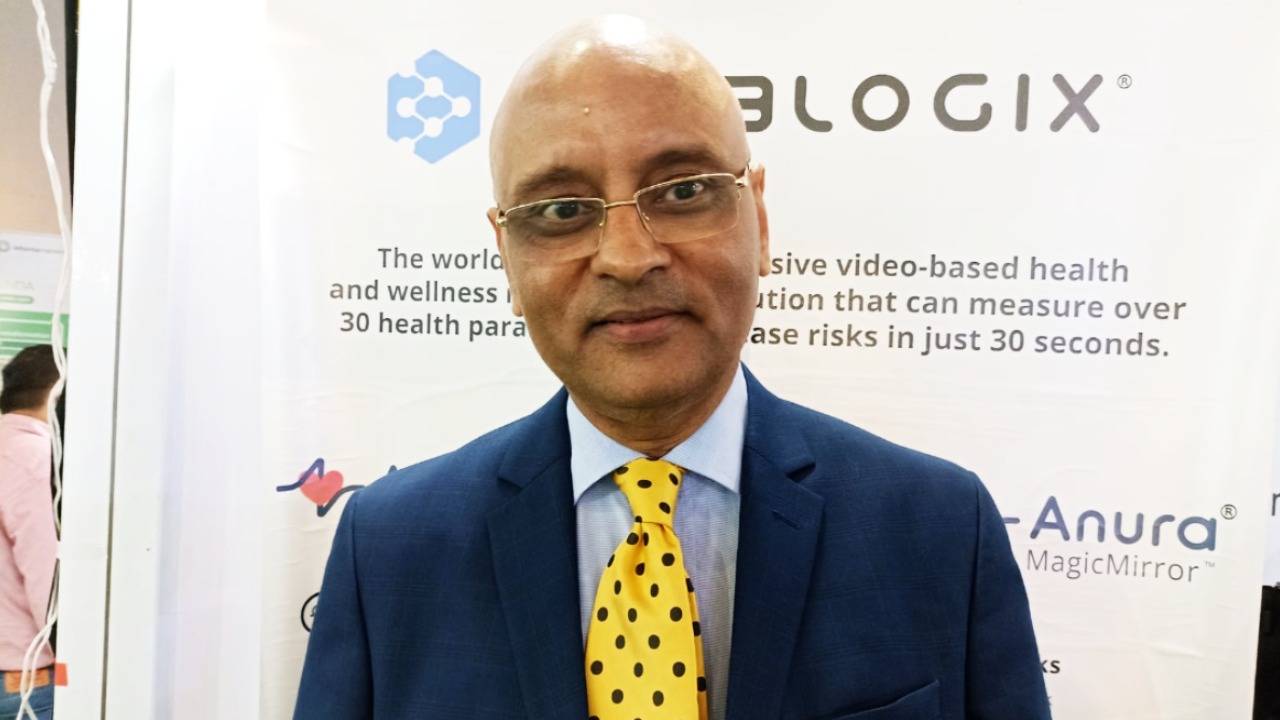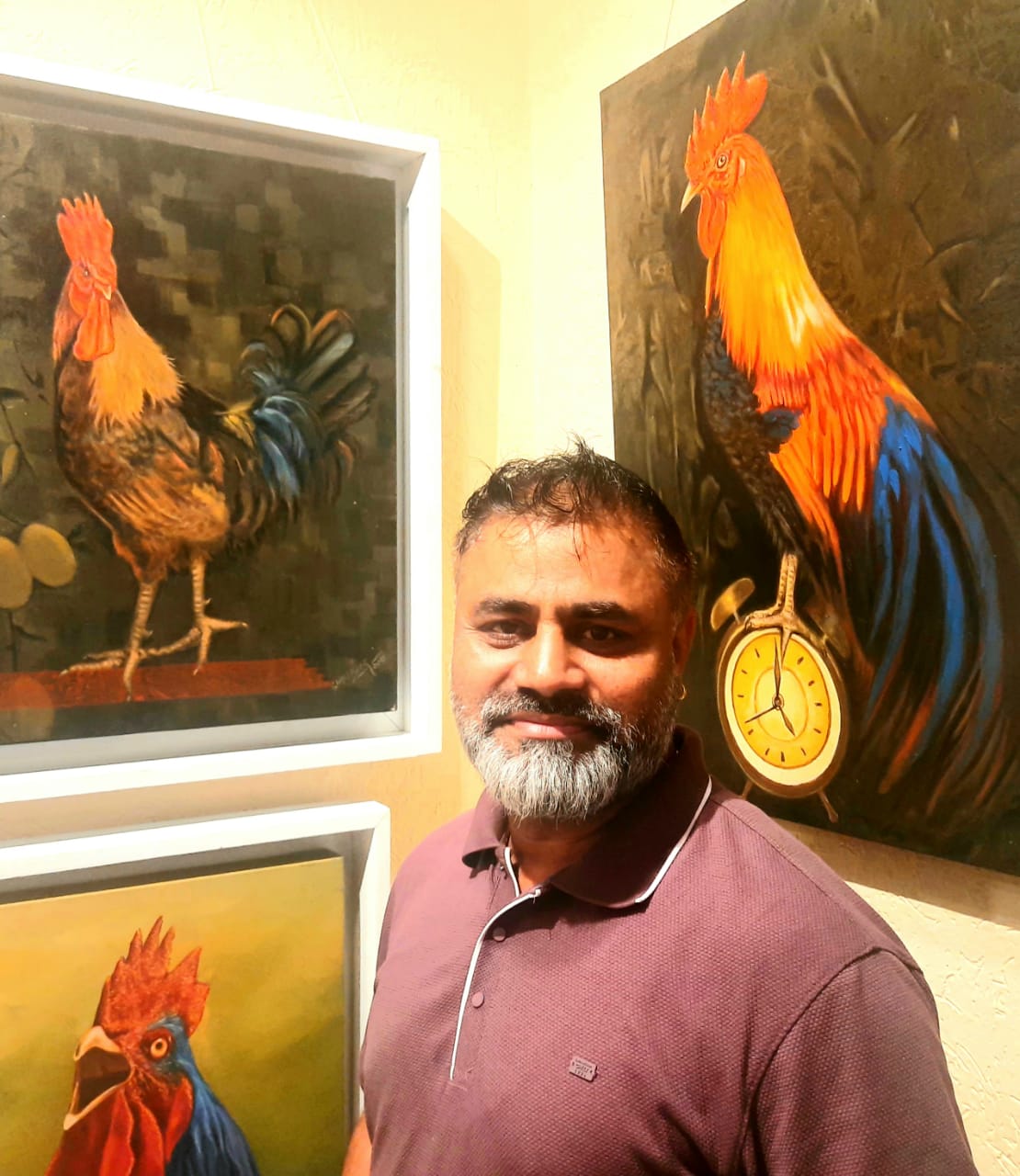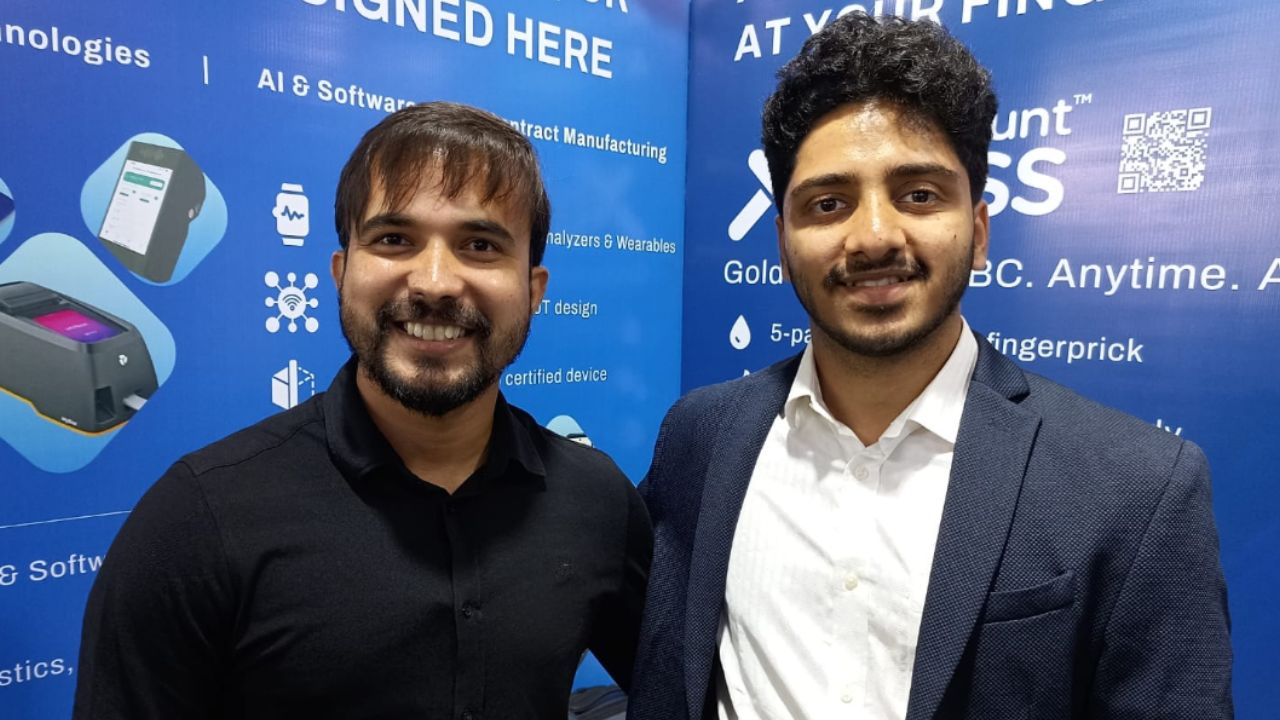O.P. Singh, an eminent Indian Police Service (IPS) officer, commanded Uttar Pradesh as Director General of Police (DGP) from 2018 to 2020. Hailing from the 1983 cadre of the Uttar Pradesh IPS, Singh’s stewardship consistently epitomized exceptional leadership and strategic sagacity in law enforcement.
An alumnus of St. Xavier’s College, the National Defence College, and Delhi University, Singh holds a Master’s in Political Science and an MPhil from Madras University. He further distinguishes himself with an MBA and a PhD in Disaster Management. The University of Allahabad and the University of Macaria (Russia) conferred upon him Honoris Causa in 2019 and 2023, respectively.
Prior to assuming the mantle of DGP of Uttar Pradesh, Singh occupied pivotal roles including Director General of the Central Industrial Security Force (CISF) and Director General of the National Disaster Response Force (NDRF). His leadership at the NDRF earned accolades, notably for his stewardship during major natural calamities.
As DGP, Singh ardently championed augmenting the efficacy and potency of the state police force. He championed community policing, modernization initiatives, and bolstering law and order. His endeavors encompassed pioneering advancements in policing technologies and countering organized crime and violence.
Singh’s career is distinguished by an unwavering commitment to public service, adeptly navigating complex challenges, and pioneering innovations in law enforcement. His contributions have left an indelible imprint, commanding admiration and respect from peers and the public alike.
Singh’s accolades include the Indian Achiever’s Award in 2023, the Transformation Leadership Award in 2019, the Lifetime Achievement Award by IndiaNews in 2018, and the Shaurya Samman Award in 2017.
In an exclusive dialogue with The Interview World, Singh delves into his latest publication, “Crime, Grime and Gumption.” He underscores the imperative for pivotal reforms in India’s policing paradigm and shares insights on leveraging technology and combating cybercrime. Additionally, he imparts invaluable counsel to aspiring IPS officers. Here are the salient highlights from his interview.
Q: Your book discusses the police force’s relationship with civil society and the transparency of actions. How important is this relationship, and what steps can be taken to improve it?
A: The symbiotic bond between law enforcement and civil society is pivotal in fortifying public trust, ensuring safety, and upholding the sanctity of law. In Uttar Pradesh, the police must cultivate a robust camaraderie with the populace and exemplify unwavering transparency to efficaciously enforce justice.
Q: What are the most critical reforms needed in the Indian police system today to ensure better law and order and the welfare of police personnel?
A: To ensure robust law and order and uplift the welfare of India’s police personnel, transformative reforms are indispensable. These reforms must address the structural, operational, and welfare dimensions of our police force.
Structurally, we must emphasize police accountability, decentralization, and clear delineation of responsibilities. Operationally, there is an urgent imperative to modernize infrastructure, integrate cutting-edge technology, and enhance intelligence gathering and surveillance capabilities to combat crime effectively.
Furthermore, we must prioritize comprehensive training, capacity building, and the revision of laws concerning critical issues such as the use of force, custodial deaths, and management of protests. Welfare reforms are equally crucial, focusing on improving working conditions, promoting a harmonious work-life balance, and providing regular health check-ups and access to counseling services for our brave police personnel.
Moreover, cultivating robust community relations through regular interactions and enhancing transparency via public updates and social media engagements are non-negotiable.
Implementing these bold reforms is essential to metamorphose the Indian Police system into a more efficient, accountable, and compassionate institution.
Q: As the Director General of the Uttar Pradesh Police Force, what were some key leadership challenges you encountered, and how did you address them?
A: As the Chief of Police in UP, India’s most populous and extensive province, I confronted a plethora of leadership challenges demanding strategic acumen, innovative solutions, and robust leadership skills.
Primary among these trials were the imperative to maintain law and order amidst a diverse populace, deftly navigate communal tensions while nurturing communal harmony, and relentlessly combat crime to ensure public safety.
Simultaneously, I prioritized enhancing police accountability and transparency, uplifting the morale and welfare of our officers, and spearheading the modernization of our police force.
Moreover, optimizing communication and coordination mechanisms and cultivating unwavering public trust and community rapport were indispensable facets of our comprehensive policing strategy.
Q: Your memoir highlights the personal sacrifices you made, particularly regarding family bonds. How did you balance the demands of your profession with your personal life?
A: Navigating the rigors of a high-stakes profession like policing while nurturing a fulfilling personal life demands meticulous strategy. I prioritized task allocation, honed time management skills, and entrusted capable colleagues with responsibilities. Furthermore, effective communication, leveraging technology, establishing structured work hours, and integrating regular exercise with flexibility and adaptability were pivotal in achieving optimal performance. These practices not only bolstered productivity but also cultivated a harmonious equilibrium necessary for sustained excellence in demanding roles.
Q: How do you see the role of new technology and cybercrime control measures evolving in the future of law enforcement in India?
A: The trajectory of law enforcement in India hinges on the burgeoning interplay of new technology and cybercrime mitigation measures. As criminal activities grow ever more sophisticated, the imperative for cutting-edge cyber forensics and specialized units intensifies. Collaborative partnerships with tech giants stand poised to redefine this landscape.
Furthermore, the advent of artificial intelligence and machine learning promises a seismic shift in predictive policing, intelligent surveillance, and data analytics. Blockchain technology ensures robust data security, while the Internet of Things (IoT) heralds a new era of astute law enforcement.
By seamlessly integrating these advancements into their operational framework, Indian law enforcement agencies can fortify their capabilities to thwart, uncover, and respond decisively to both conventional and cyber-related offenses.
Q: Based on your extensive career and experiences, what advice would you give to young individuals aspiring to join the Indian Police Service and make a difference?
A: Young aspirants aspiring to public service must imbue themselves with unwavering dedication and a robust ethical foundation. Additionally, they must embrace relentless learning, adaptability, and maintain peak physical and mental acuity. Proficiency in communication and a profound grasp of technology are indispensable for influencing public safety and upholding accountability.










3 Comments
Nice
Respect to author, some superb information .
I’m amazed by the quality of this content! The author has obviously put a great amount of effort into investigating and structuring the information. It’s exciting to come across an article that not only gives helpful information but also keeps the readers captivated from start to finish. Kudos to her for producing such a masterpiece!
Comments are closed.